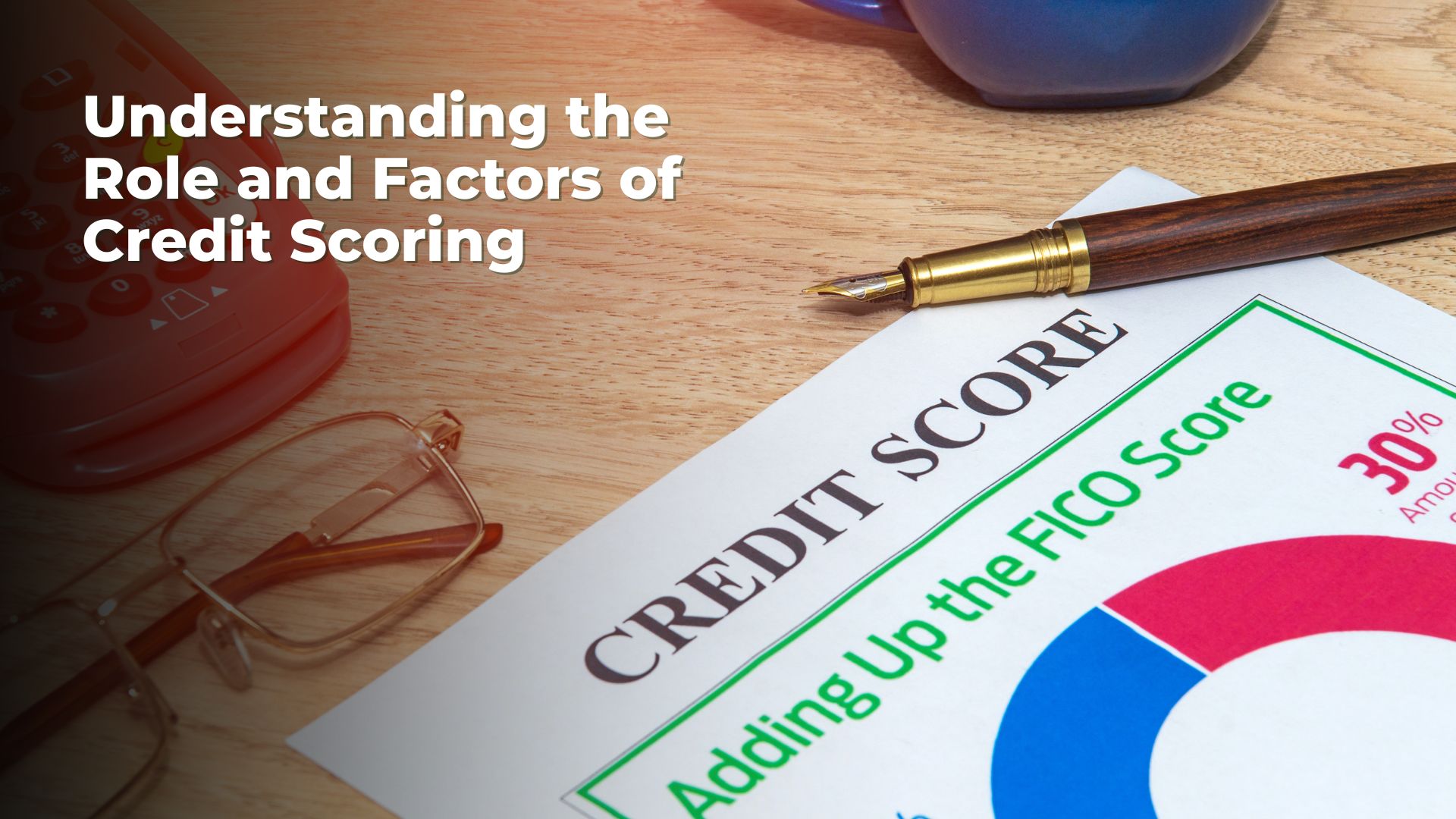

Debt collection can feel like a relentless pursuit, often leaving consumers feeling overwhelmed and unsure of their rights. Many people are unaware of the legal constraints on how long a creditor can attempt to collect a debt, particularly if it is an old debt.
The statute of limitations in California establishes a deadline for when creditors may file a lawsuit against you for unpaid debts. When this time frame passes, the debt is "time-barred," meaning that creditors can no longer use the legal system to collect it.
In this article, we'll explain how the statute of limitations works when it begins and what happens when it expires, helping you understand your rights and avoid potential collection pitfalls.
The statute of limitations is the maximum time creditors have to file a lawsuit to recover a debt. This time frame varies in California based on the type of debt:

The above chart compares the statute of limitations for various types of debts in California.
Knowing these time frames is essential because it allows you to determine when a debt is no longer legally enforceable. Let's now explore the exact start of the statute of limitations and how to monitor it.
The statute of limitations typically begins from the date of the last payment or the most recent activity on the account. This is known as the "accrual date," which marks when the debt becomes due and enforceable.
For example, if your last credit card payment were made in January 2021, the statute of limitations would generally start from that date.
To track the accrual date precisely, it's critical to keep thorough records of all payments and communications with debtors. In light of this, let's explore certain factors that may cause the statute of limitations to be paused or reset.
Certain events can pause (toll) or reset the statute of limitations, extending the time creditors have to take legal action:
Old debts should be handled carefully to prevent unintentionally resuming the statute of limitations. Let's now look at what happens to your debt after the statute of limitations runs out.
The debt becomes time-barred, and your creditors can no longer sue you for repayment when the statute of limitations expires. However, the debt does not entirely disappear after the period expires. Creditors may still attempt to collect in other ways, even when they can no longer file a lawsuit.

Here is the timeline chart showing how long different types of debt can stay on your credit report.
Knowing your rights and how to respond in these situations is critical. Now, let's look into the actions debt collectors can take after the statute of limitations expires and what you can do if contacted.
Debt collectors may still try to contact you after the statute of limitations expires. Still, they are limited by several legal restrictions intended to protect you from deceptive tactics. Here's a more precise breakdown of what debt collectors can and cannot do:
They Can Attempt to Contact You: Although they are unable to file a lawsuit, collectors are still allowed to try to collect the debt by sending letters, emails, or phone calls.
You can report to the CFPB or pursue legal action if a debt collector does any unlawful acts.
Here is where SECS stands out: When it comes to debt collection, South East Client Services (SECS) is dedicated to following all legal requirements. They adhere to the Fair Debt Collection Practices Act (FDCPA) rules with a strong focus on compliance, ensuring that each stage of the collection process is fair, transparent, and respectful.
Need help? Contact SECS today for professional and compliant debt collection services.
Let's now discuss the essential steps you should take and how to respond if you receive a call over an old debt.
To make sure your rights are upheld if a debt collector contacts you regarding an old debt, follow these key steps:
You can confidently handle debt collection issues if you follow these steps, guaranteeing your rights are protected and maintained. Let's discuss the legal protections against unfair practices provided by federal law.
The Fair Debt Collection Practices Act (FDCPA) provides important legal protections to help consumers avoid harassment and ensure fair treatment during debt collection. Here are the key protections:
If you believe a debt collector has violated these protections, you can complain to your state's attorney general's office or the Consumer Financial Protection Bureau (CFPB).
Awareness of these protections enables you to stand up for your rights and challenge any unlawful practices you may encounter.
Now that you know how to protect yourself from unfair practices, let's wrap up with some key takeaways.
To safeguard your rights, it is essential to understand California's statute of limitations on debt collection. Knowing when the clock starts, how it can be paused or reset, and what debt collectors can and cannot do after it expires helps you stay informed and avoid unnecessary legal action. With this understanding, you can deal with old debt situations with assurance.
South East Client Services (SECS) stands out as a trusted partner in ensuring that debt collection is fully compliant with the law, focusing on protecting creditors and consumers. Their courteous, transparent approach guarantees that all debts are settled fairly while protecting your rights.
Contact SECS today for professional, compliant debt recovery services you can rely on.